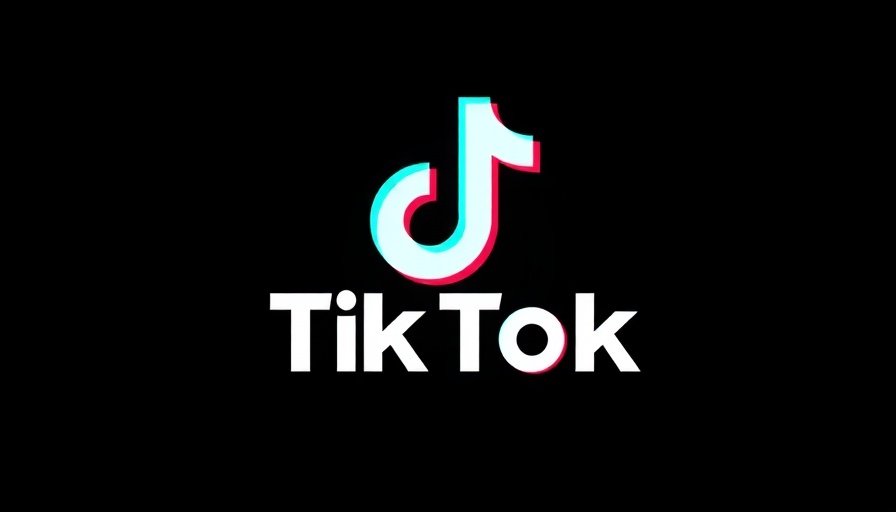
The Roller Coaster Ride of TikTok's Availability in the U.S.
For millions of users across the United States, TikTok has become a staple of social media entertainment, serving up short videos that capture everything from dance moves to cooking hacks. However, this beloved app has been on a bumpy ride due to national security concerns linked to its Chinese ownership. Recently, TikTok was reinstated in both the Google Play and Apple App stores, much to the relief of its approximately 170 million American users. This turn of events follows assurances from newly appointed Attorney General Pam Bondi, who confirmed that tech giants would not face penalties for hosting the platform.
Understanding the Legal Tug-of-War Behind TikTok
At the center of this controversy lies the "Protecting Americans from Foreign Adversary Controlled Applications Act," which initially mandated that TikTok's parent company, ByteDance, sell its U.S. operations or face a ban due to national security risks. The deadline initially set for January 19 was seemingly postponed after President Trump signed an executive order on January 20, granting TikTok an additional 75 days to explore potential buyers, which opened avenues for corporate giants like Microsoft, Walmart, and Oracle to express interest in acquiring the app.
The Impact on Users and Content Creators
With TikTok back in the app stores, user sentiment is mixed but leaning towards optimism. The platform had maintained a loyal following even during its brief absence from the stores, as many users did not delete the app from their devices. For creators, TikTok represents not just a source of entertainment but also a potential revenue stream through brand partnerships and advertising. As tensions between the U.S. and China continue to simmer, the app's future remains subject to the whims of political negotiations.
National Security vs. User Experience: The Ongoing Debate
Critics argue that ByteDance’s ties to Beijing present significant risks regarding user data privacy and national security. This concern has fueled allegations that the app could be used for surveillance purposes by the Chinese government. However, supporters maintain that these security claims are often politicized and exaggerated, pointing out that the U.S. itself has no precedent for banning a major social media platform based on foreign ownership alone. This debate continues to shape the narrative surrounding TikTok as it strives to maintain its user base and adapt to constant scrutiny.
The Corporate Game of Deal-Making
As the clock ticks down on the potential sale of TikTok’s U.S. operations, discussions involving major tech companies have ramped up. President Trump has reportedly conversed with several stakeholders regarding negotiations, with some proposals hinting at the government taking a direct stake in the app. For companies like Oracle, this could mean an exciting opportunity to embrace TikTok's viral potential while ensuring compliance with national security regulations. On the other hand, uncertainty breeds anxiety among TikTok's American users who are left wondering if they can continue to enjoy the app in its current form.
What’s Next for TikTok?
The reinstatement of TikTok in U.S. app stores doesn't completely free it from its troubles. While currently available for download, its long-term operational capacity hinges on complex negotiations between its owners and the U.S. government. The upcoming weeks will be critical as potential buyers assess their options, and as the app prepares for whatever changes may come its way. Rest assured, the story of TikTok is far from over, and its fate will likely continue to stir conversations around digital privacy and national security.
Ultimately, TikTok's situation reflects a broader tension between embracing innovation and addressing legitimate safety concerns. As users and content creators await the results of ongoing discussions, they will be keenly observing how this saga continues to unfold in the coming days and weeks—and which direction their favorite app will ultimately take.
 Add Row
Add Row  Add
Add 





Write A Comment